
views
Paris: Among the many mysteries hanging over the Paris attacks, a few are more puzzling than the fate and role of jihadist Salah Abdeslam, subject of an international manhunt since the carnage.
He and his brother Brahim played a key logistical role in the wave of terror which left 130 people dead and hundreds injured, renting cars and hotel rooms where the jihadists could hole up.
Brahim, like another five of the assailants, blew himself up after the bloodshed. A seventh was shot by police.
However Salah did not. Instead he was spirited away to Belgium by two other men who were arrested and charged there.
One of the lingering questions is exactly what role the Belgian-born 26-year-old -- who use to run a bar with his brother in Brussels -- played in the wave of attacks.
On the night of the massacre, the jihadists arrived in a three-car "convoy" from Belgium, investigators have learned as they pore over CCTV footage, GPS maps and telephone surveillance.
Investigators initially thought Salah was part of a "commando team" which drove through the east of Paris spraying cafes and bars with gunfire while another slaughtered 89 people at the Bataclan concert hall.
Another team blew themselves up outside the Stade de France where President Francois Hollande was watching a friendly match between France and Germany.
But several things did not add up.
When Islamic State jihadists issued their claim of responsibility, their statement mentioned the assaults on the stadium, the 10th and 11th districts of Paris, but also the 18th, where no attack took place.
However four days after the police found a black Renault Clio, rented in Salah's name, parked partly over a pedestrian crossing in the 18th district.
Another was found outside the Bataclan, and another was found in Montreuil, a suburb just east of Paris.
All three Bataclan attackers died, and the car found in Montreuil is believed to have been used by ringleader Abdelhamid Abaaoud who was spotted at a nearby metro station.
Investigators now believe Salah drove the Renault Clio, possibly dropping off the three bombers at the Stade de France.
Was he supposed to carry out an attack in the 18th?
The Obs news website reports that the two men held in Belgium say they found him in a state of shock and wearing an explosives vest when they came to spirit him out.
Did Salah back out?
Salah was stopped during a routine traffic control check on his way back to Belgium by police who did not yet know he was a wanted man.
Mohammed Amri, 27, and Hamza Attou, 20, who were with him were tracked down by police and arrested. They have told investigators they dropped Salah off in Brussels.
Attou's lawyer told LCI television her client was "very afraid" during the trip.
"My client mentions a big vest... maybe an explosives belt or something like that," said lawyer Carine Couquelet.
"There are many possible theories: was (Salah) a logistical support, was he supposed to blow himself up? Was he not able to do it? We don't know."
A photo of the brown-eyed Salah with an angular face and carefully-coiffed hair has been broadcast by police.
Salah and his brother Brahim have been described as "big drinkers and big smokers" by friends who knew them from the bar they ran in Brussels that was closed down by authorities a few weeks ago.
They grew up in the impoverished Brussels area of Molenbeek, a hotbed of Islamist extremism in Europe.
Both had links to another Molenbeek native Abaaoud, the alleged attacks ringleader who was killed in a massive police raid this week.
Salah was arrested alongside Abaaoud for robbery around 2011.
"We can assume that Abaaoud taught him taqiyya -- the Islamic theology of dissimulation -- to fool the security and intelligence services," said Mathieu Guidere, a French terrorism expert.
Under this strategy, set out in manuals published by the Islamic State group in Syria and Iraq, would-be "martyrs" can smoke cannabis or blaspheme to hide their religion from the authorities.
Brahim tried to travel to Syria in January this year but was stopped at the Turkish border. Salah is suspected of having spent time in Syria.











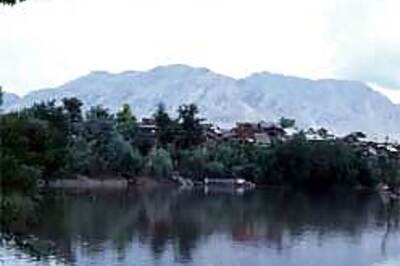
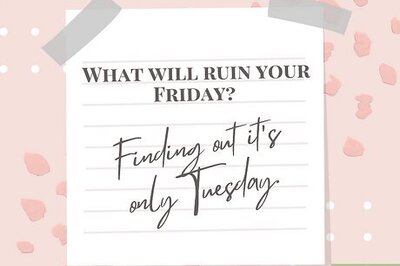

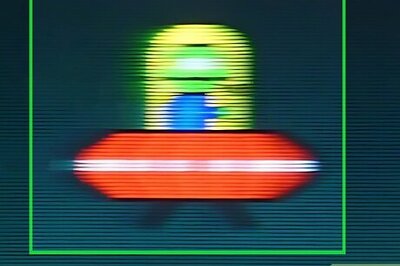
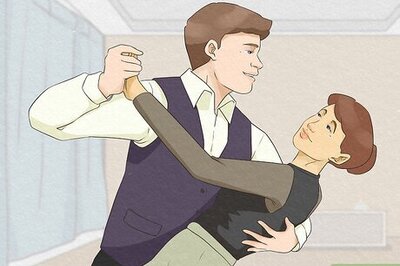
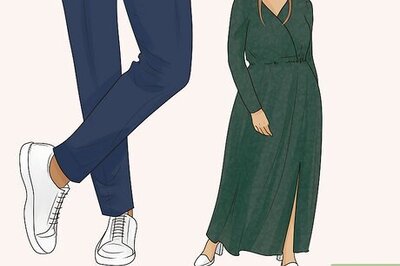
Comments
0 comment